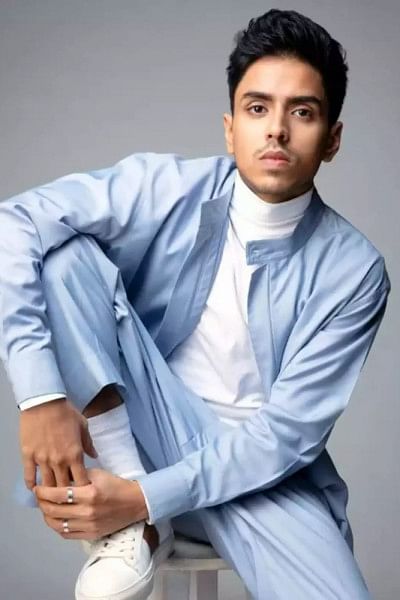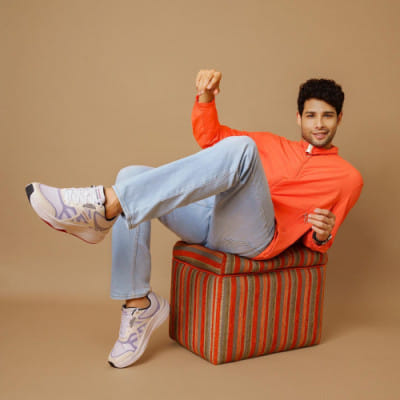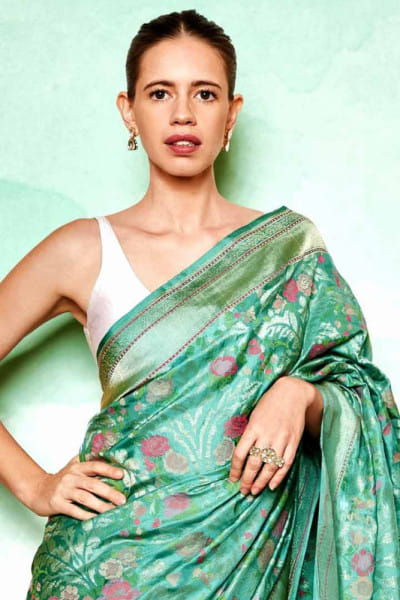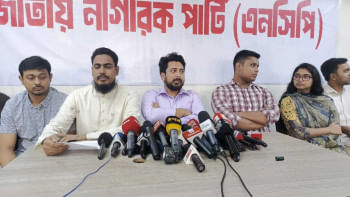‘Kho Gaye Hum Kahan’: For Gen-Z, by Gen-Z

Bollywood's portrayal of Gen-Z and their problems has been exhaustingly inaccurate and stereotypical over the years. The younger generation of Indian cinema audiences has been waiting for a story that depicts them accurately and tells a story that isn't catered to the same old coming-of-age bottle. "Kho Gaye Hum Kahan" is the closest and perhaps the most honest and relatable representation of this lost generation, as the title of the movie says. Perhaps a bit too relatable at times.

The movie follows the lives of three friends– Ahana (Ananya Panday), Imaad (Siddhant Chaturvedi) and Neil (Adarsh Gourav). Imaad is a rising stand-up comedian who's dealing with his Tinder addiction, while Neil is a gym trainer trying to start his own fitness establishment. Ahana has a corporate job and, unlike her two friends, is in a committed relationship.

However, when Ahana's boyfriend takes a break from her without any proper explanation, she becomes obsessed and starts stalking him on Instagram by creating a fake ID. Imaad, with his commitment issues, meets Simran (Kalki Koechlin), for whom he starts developing feelings. Neil, on the other hand, is in a relationship with Lala, an Instagram influencer he trains. However, Lala insists on keeping their relationship private since it might affect her Instagram following– a decision that makes Neil insecure about himself.

In the first 30 minutes of the film, "Kho Gaye Hum Kahan" makes you realise how relatable the film is going to be. Ahana's social media obsession and her vulnerability hit home big time. Ahana checking out her ex's followers list, people who reacted to her ex's posts, people who viewed her Instagram stories- it all feels too relatable. And for a character to share the same vulnerability as most of us makes you feel heard. Be it Imaad's commitment issues or Neil's insecurities, each aspect of the story feels like an excerpt from the lives around us.

The world of "Kho Gaye Hum Kahan" might not be a relatable one. It's an upper-class Bandra-based story with people often not having to worry about money and going to parties every other weekend. Although Neil's character is portrayed as one with a middle-class background, this subplot could've been explored more.
But the core of the film is deeply rooted in the vulnerabilities amongst us, which are common across socioeconomic classes, and that's exactly why the film works.

Great performances from Siddhant and Adarsh were expected, and they delivered. But Ananya Panday was the surprise of the film in terms of performance, given her past work. The vulnerabilities and insecurities of a social media-obsessed Ahana dealing with infidelity and social media validation were portrayed beautifully by Ananya. The cinematography and colour grading were icing on the cake for me.
"Kho Gaye Hum Kahan" was a refreshing take on the chaotic lives we live in this world obsessed with social media points. It doesn't tell a story that's unknown to its audience. Rather, it does quite the opposite. It tells a story that lies in the core of this generation and, in the process, becomes the most relatable film of the year.

 For all latest news, follow The Daily Star's Google News channel.
For all latest news, follow The Daily Star's Google News channel. 








Comments